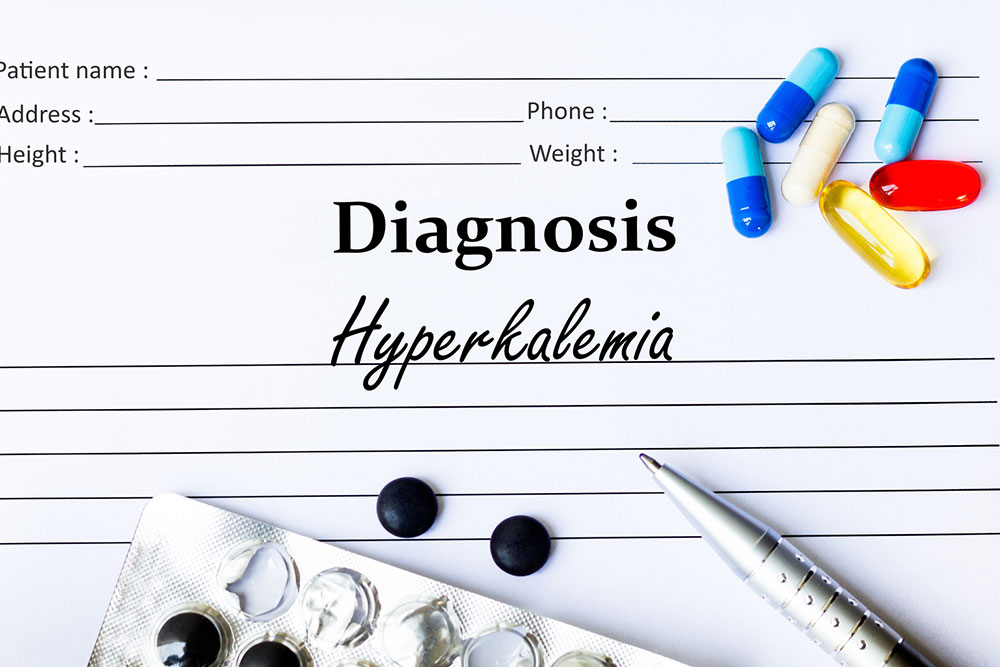Understanding Hyperkalemia: Symptoms, Causes, and Management Strategies
Hyperkalemia is a condition characterized by elevated potassium levels in the blood, potentially leading to serious health issues like heart problems or paralysis. Recognizing symptoms such as numbness, nausea, and irregular heartbeat early is vital. Causes include kidney failure, certain medications, dehydration, and muscle breakdown. Treatment involves emergency measures like intravenous therapy, medications, and dialysis, followed by long-term lifestyle adjustments such as a low-potassium diet. Early intervention and professional medical guidance are key to managing this condition effectively and preventing complications.

Understanding Hyperkalemia: Symptoms, Causes, and Management Strategies
Hyperkalemia refers to an abnormal increase in potassium levels within the bloodstream. Normal blood potassium ranges between 3.6 and 5.2 mmol/L. When levels exceed 6.0 mmol/L, it poses significant health risks and requires prompt medical intervention.
Signs and Symptoms
Symptoms vary depending on the potassium concentration. Mild elevations might cause no noticeable signs, but higher levels often cause symptoms such as numbness, nausea, breathing difficulties, chest discomfort, and irregular heartbeat. Recognizing these symptoms early is vital, as severe hyperkalemia can result in paralysis or heart failure.
Feeling of tingling or numbness
Nausea and vomiting
Breathlessness
Chest discomfort
Irregular heart rhythms or palpitations
Immediate attention is crucial because dangerously elevated potassium levels can impair cardiac and muscular functions.
Causes of Hyperkalemia
Hyperkalemia can develop from a variety of underlying factors, including medical conditions and medication use.
Kidney dysfunction, especially kidney failure, prevents the body from eliminating excess potassium effectively.
Certain medicines like some chemotherapy drugs, ACE inhibitors, and angiotensin receptor blockers can increase potassium levels. Overuse of supplements containing potassium is another common cause.
Dehydration, diabetes (particularly type 1), Addison’s disease, internal bleeding, or severe injuries causing red blood cell destruction can lead to elevated potassium.
Heavy alcohol or drug consumption leading to muscle breakdown releases high potassium amounts into the bloodstream, raising the risk of hyperkalemia.
Treatment Options for Hyperkalemia
Management involves both urgent and long-term strategies.
Emergency interventions typically include hospitalization and rapid correction methods, such as:
Administering glucose and insulin intravenously to shift potassium back into cells.
Giving calcium IV to protect the heart and muscles temporarily.
Using medications that promote potassium excretion or shift it into cells.
Injecting sodium bicarbonate to treat acidosis.
Performing dialysis if kidney failure prevents potassium removal.
Discontinuing potassium supplements if relevant.
Employing diuretics to increase potassium excretion via the kidneys.
After stabilization, long-term management includes adopting a low-potassium diet, avoiding supplements, and maintaining a healthier lifestyle. Consulting healthcare professionals is essential before trying home remedies, as untreated hyperkalemia can lead to serious complications.










